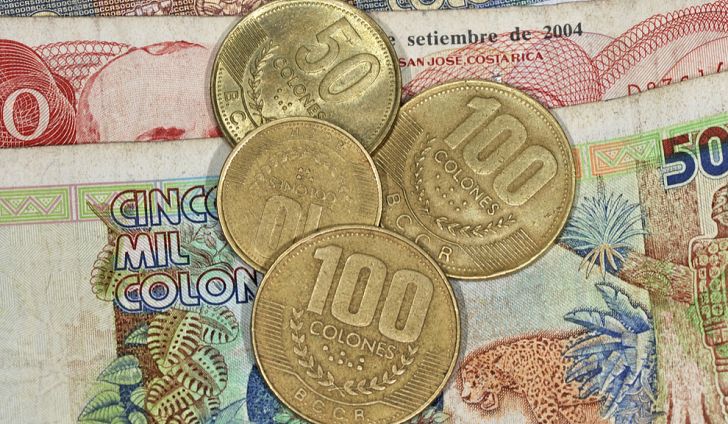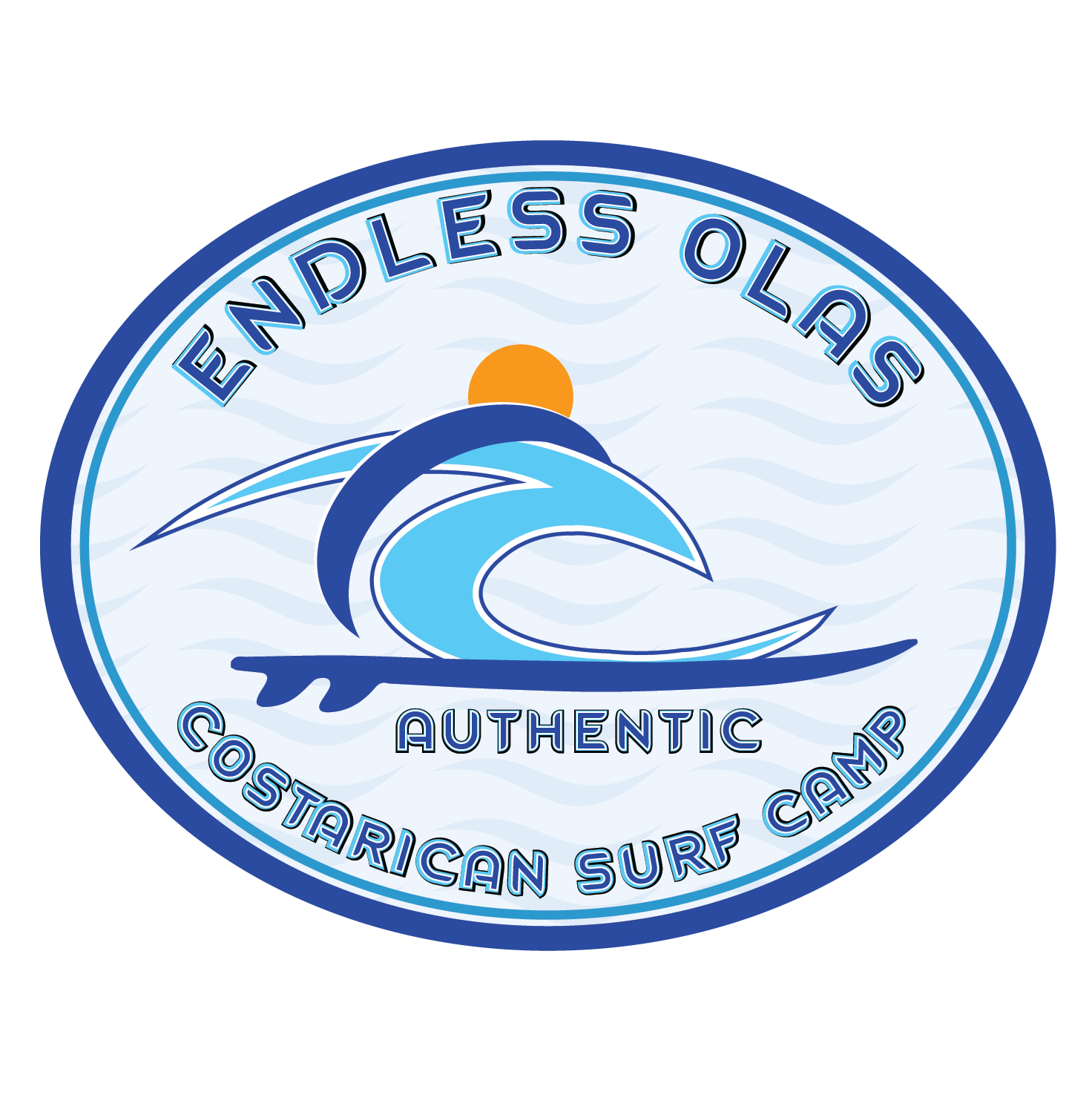
Costa Rica Currency – What You Need To Know
If you’re planning on visiting Costa Rica soon, then it’s important to understand how the money works.
Costa Rica currency is called the “colón” which is pluralized as “colones” and is named after Christopher Columbus (Cristóbal Colón in Spanish). Columbus first set foot in Costa Rica in 1502, and he is widely viewed as a national hero in Costa Rica.
Banknotes come in several denominations: 1,000, 2,000, 5,000, 10,000, 20,000, and 50,000. There are also several coins in circulation with values of 500, 100, 50, 25, 10, 5, and 1 colón respectively. The value of the Costa Rica colón is always changing, but the exchange rate is around 500 colones to one U.S. dollar.
That being said, the U.S. dollar is widely accepted across the country, especially in areas regularly frequented by international visitors like Costa Rica surfing spots. For small businesses, however, it’s usually not a good idea to try to spend American banknotes larger than a $20. Keep in mind as well that if you pay for goods or services in Costa Rica with dollars, you’ll usually get your change back in Costa Rican colones.
It’s very difficult to get colones before arriving in Costa Rica. If you do want to exchange some money, the best place to do it is at a bank (in Costa Rica). The worst place to get colones is at an airport. The exchange window will list two numbers, the price to buy dollars for colones and the price to buy colones for dollars. The lower number is what you’ll get when selling (exchanging) dollars for colones.
You can also get colones from an ATM, but you’ll most likely have to pay an out-of-network fee of $1-5. Be sure to check with your bank at home first in order to make sure that your card(s) will work in Costa Rica. Keep in mind that most ATMs stop working around 10:00 PM. If you need cash in the middle of the night or early in the morning, you’ll need to find an ATM marked with the abbreviation “ATH” which stands for “a todas horas” or “non-stop” in English.
Credit and debit cards are usually not accepted in smaller towns and villages. In big cities and at luxury resorts and hotels, however, you can usually pay with a credit or debit card.
If you’re ready to enjoy an amazing Costa Rica surfing trip, be sure to book your travels with Endless Olas Surf Camp, the premier Costa Rica surf camp.







